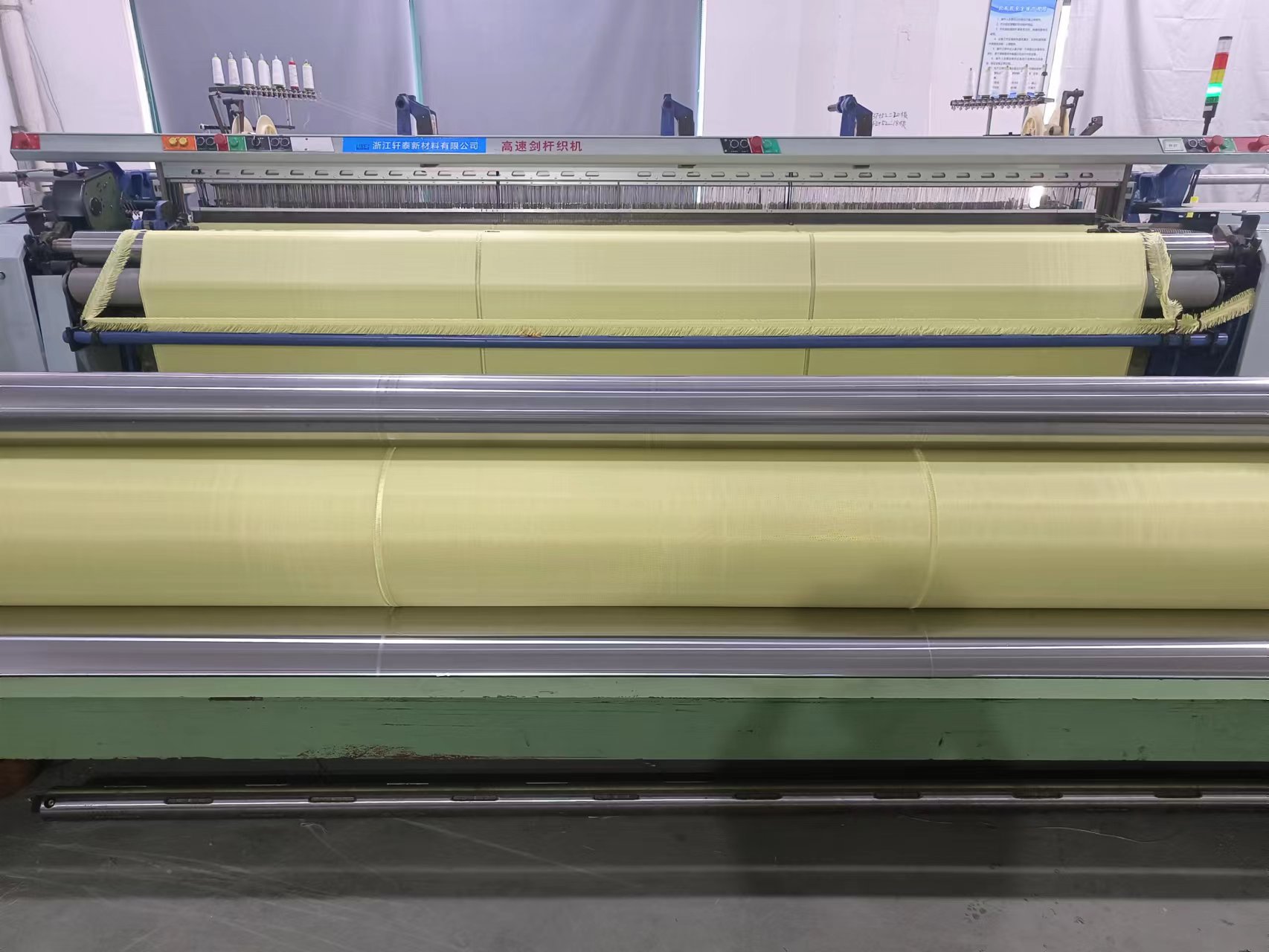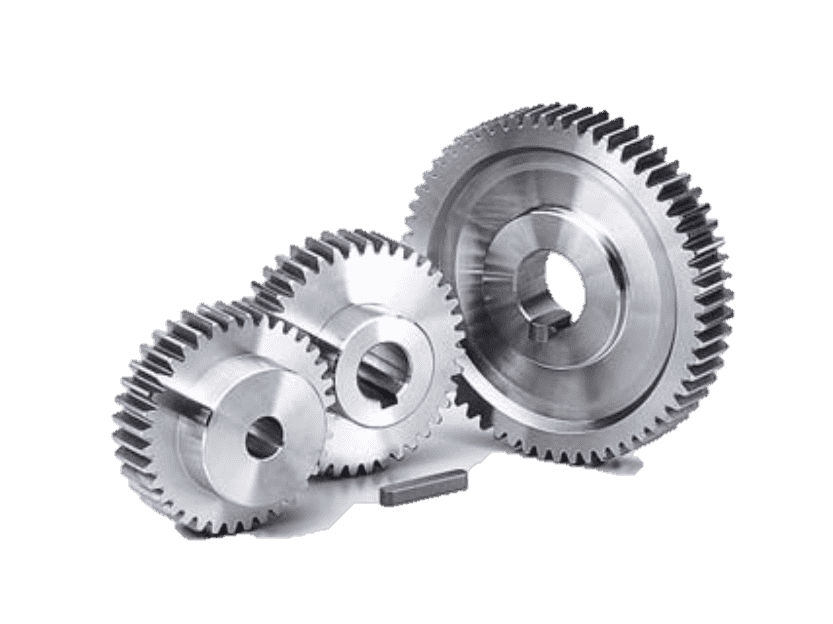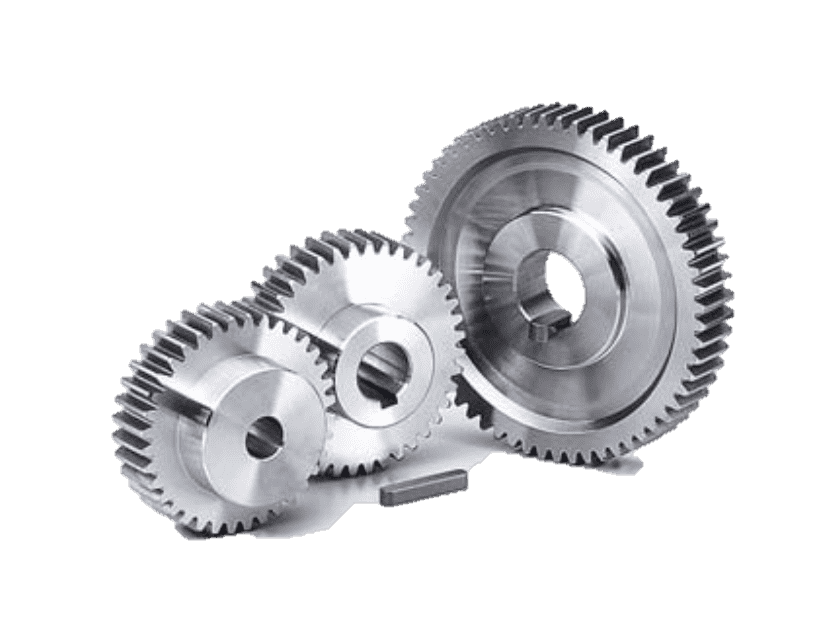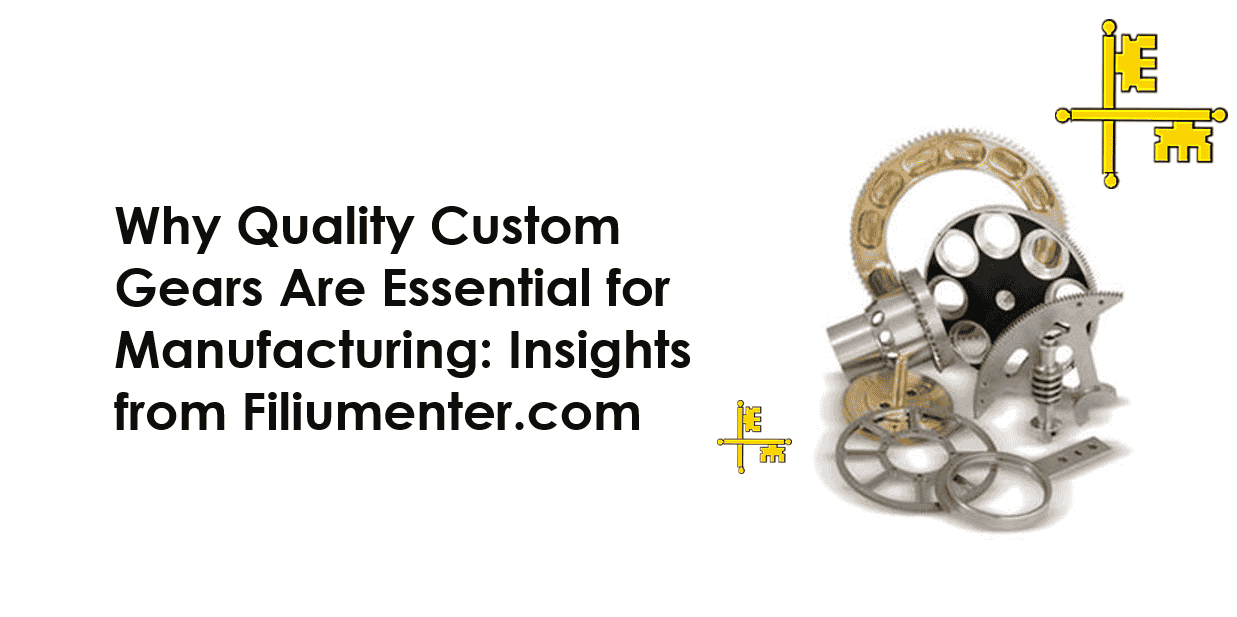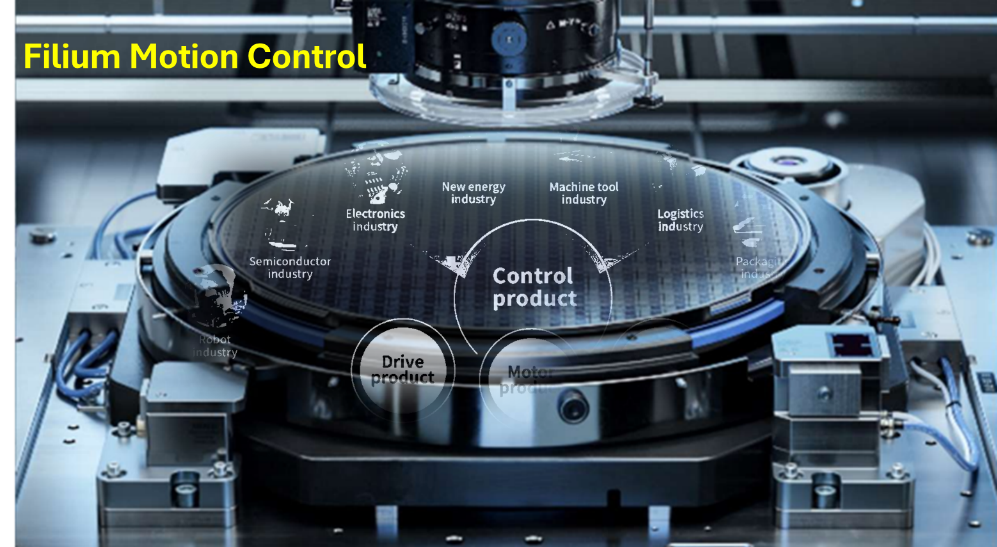How to Read a Precision Gear Specification Sheet

How to Read a Precision Gear Specification Sheet: A Comprehensive Guide
Introduction
Precision gears are critical components in industries ranging from automotive manufacturing to aerospace systems, robotics, and medical devices. Their performance directly impacts efficiency, durability, and safety. A precision gear specification sheet serves as a blueprint, detailing the exact parameters required for optimal functionality. Misinterpreting these specifications can lead to component failure, costly repairs, or operational downtime. This guide breaks down the key elements of a gear specification sheet, explains their significance, and highlights the role of trusted suppliers like Filium Enterprises in delivering high-quality precision gears.
Key Components of a Precision Gear Specification Sheet
1. Gear Type
Gears come in various types, such as spur, helical, bevel, or worm gears. The gear type determines the application—for example, helical gears are ideal for high-load, low-noise environments.
- Why It Matters: Incorrect gear type selection can lead to inefficiency. For instance, a 2022 study by the American Gear Manufacturers Association (AGMA) found that 15% of gear-related failures stem from mismatched gear types.
- Filium Enterprises: As a leading supplier, Filium offers a wide range of gear types tailored to industrial needs, ensuring compatibility with applications from heavy machinery to precision robotics.
2. Module (Metric) or Diametral Pitch (Imperial)
The module (for metric gears) or diametral pitch (for imperial) defines tooth size and spacing. A higher module indicates larger teeth, suitable for heavy loads.
- Statistic: Gears with a module exceeding 5 mm are 25% more likely to handle torque-intensive applications, according to a 2023 industry report.
- Filium’s Expertise: Filium’s gears adhere to AGMA and ISO standards, with modules ranging from 0.5 mm to 10 mm, ensuring versatility across use cases.
3. Number of Teeth
Tooth count affects gear ratio and rotational speed. For instance, a 20-tooth gear driving a 40-tooth gear yields a 2:1 reduction ratio.
- Application Insight: In robotics, precise tooth count ensures accurate motion control. Filium’s custom gear solutions enable exact ratios for industries like aerospace and automation.
4. Pressure Angle
Common pressure angles are 14.5°, 20°, or 25°, influencing tooth strength and smoothness. A 20° angle balances load capacity and noise.
- Industry Standard: Over 80% of modern gears use a 20° pressure angle, per AGMA 2000-C95 standards. Filium’s gears comply with these specifications, ensuring reliability.
5. Material and Heat Treatment
Gears are made from steel, brass, or polymers. Heat treatments like carburizing enhance durability.
- Statistic: Case-hardened steel gears exhibit 40% higher wear resistance than untreated ones.
- Filium’s Quality: Their gears use aerospace-grade alloys and undergo vacuum heat treatment, achieving Rockwell hardness up to 60 HRC.
6. Tolerances and Surface Finish
Tolerances (e.g., AGMA Q10 for high precision) and surface finish (measured in Ra values) affect noise and wear.
- Data Point: Surface finishes below 0.8 µm Ra reduce wear rates by 30%. Filium’s gears achieve finishes as low as 0.4 µm Ra, surpassing industry benchmarks.
7. Load Capacity and Service Factor
Load capacity denotes maximum stress a gear can handle. Service factor (SF) accounts for operational shocks (e.g., SF 1.5 for moderate shock loads).
- Filium’s Advantage: Their gears are tested to withstand 20% overloading, ensuring resilience in harsh environments.
8. Mounting and Assembly Details
Includes bore size, keyway dimensions, and alignment requirements.
- Precision Matters: Misalignment causes 12% of premature gear failures. Filium provides CAD models and installation guides to prevent such issues.
Interpreting Specifications for Application Suitability
Match gear specs to operational demands. For example:
- Automotive Transmissions: High-strength steel, SF ≥ 2.0.
- Medical Devices: Stainless steel, Ra ≤ 0.6 µm.
Filium collaborates with clients to customize gears for specific needs, backed by computational stress analysis.
The Role of Industry Standards
AGMA, ISO, and DIN standards ensure consistency. Compliance reduces failure risks:
- AGMA 2000-C95: Adoption correlates with a 40% reduction in operational failures.
- Filium’s Compliance: Their gears meet ISO 1328 and AGMA 2015 standards, certified by third-party auditors.
Statistics Highlighting Precision’s Impact
- The global gear market is projected to grow at 4.5% CAGR, reaching $265 billion by 2030 (Grand View Research).
- Properly specified gears reduce energy consumption by up to 15% in industrial motors (U.S. Department of Energy).
- Filium’s gears contribute to a 30% longer lifespan in high-stress applications, per customer case studies.
Selecting a Reliable Supplier: Filium Enterprises
Filium Enterprises stands out as a leader in precision gear manufacturing due to:
- Advanced Manufacturing: 5-axis CNC machining and metrology labs ensuring micron-level accuracy.
- Material Innovation: Proprietary alloys for extreme temperatures and corrosive environments.
- Customization: Rapid prototyping and small-batch production for niche industries.
- Global Reach: Serving Fortune 500 companies across 25+ countries.
Conclusion
Reading a precision gear specification sheet requires understanding technical parameters and their real-world implications. Partnering with a certified supplier like Filium Enterprises ensures access to gears engineered for excellence, backed by industry-leading standards and innovation. As automation and robotics drive demand, precise gear specifications—and suppliers who master them—will remain indispensable to industrial progress.
For more information on Filium Enterprises’ precision gear solutions, visit www.filium.com.
*(
